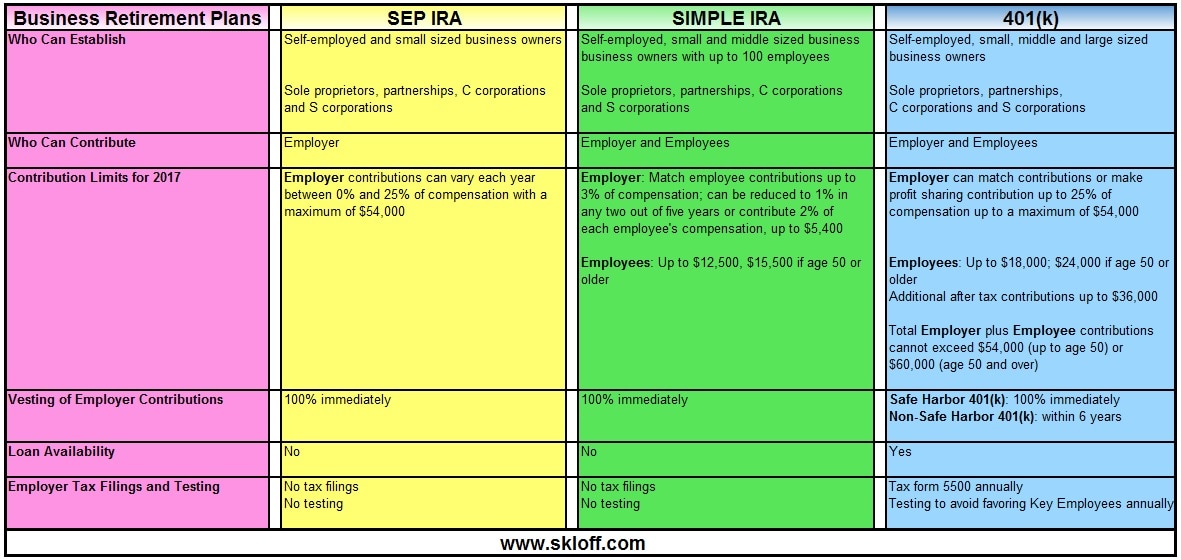What is Changed?
Under the old tax law, pass-through entities are taxed at the same way as employees of a business, based on individual income tax rates.
Under the new tax law, pass-through entities can take a deduction on 20% of their taxable income. For example, if your total annual income lands you in the 24% tax bracket, you would pay that 24% on only 80% of your income and pay no tax on the other 20%. Please note there are some restrictions on the eligibility, but most pass-through filers qualify for the full 20% deduction as long as their taxable income is less than $157,500 or $315,000 for joint filers, above that, the deduction typically phases out.
What to Do?
If you are a salaried employee, it is worth exploring whether you can pay less tax by becoming a pass-through entity and working as your own business. To do so, you will file paperwork with the state where your business is located.



 RSS Feed
RSS Feed
